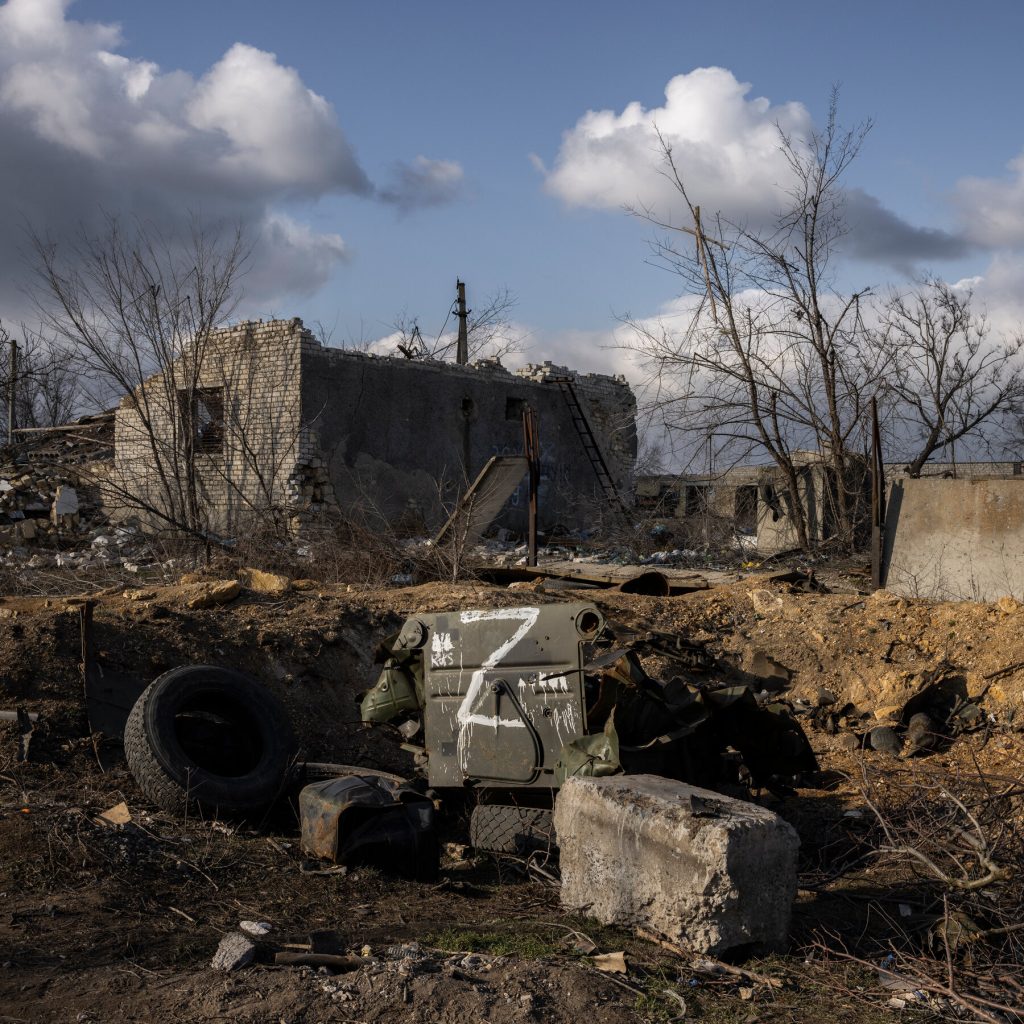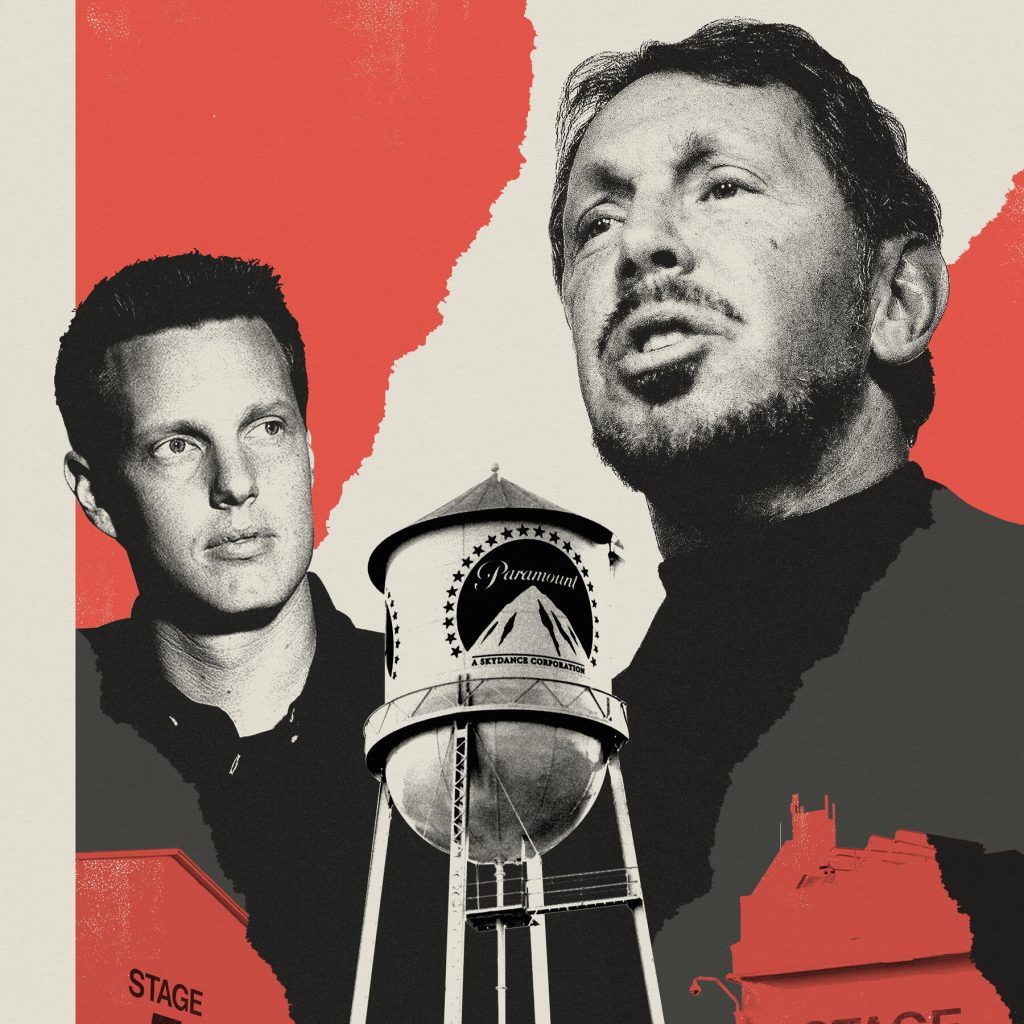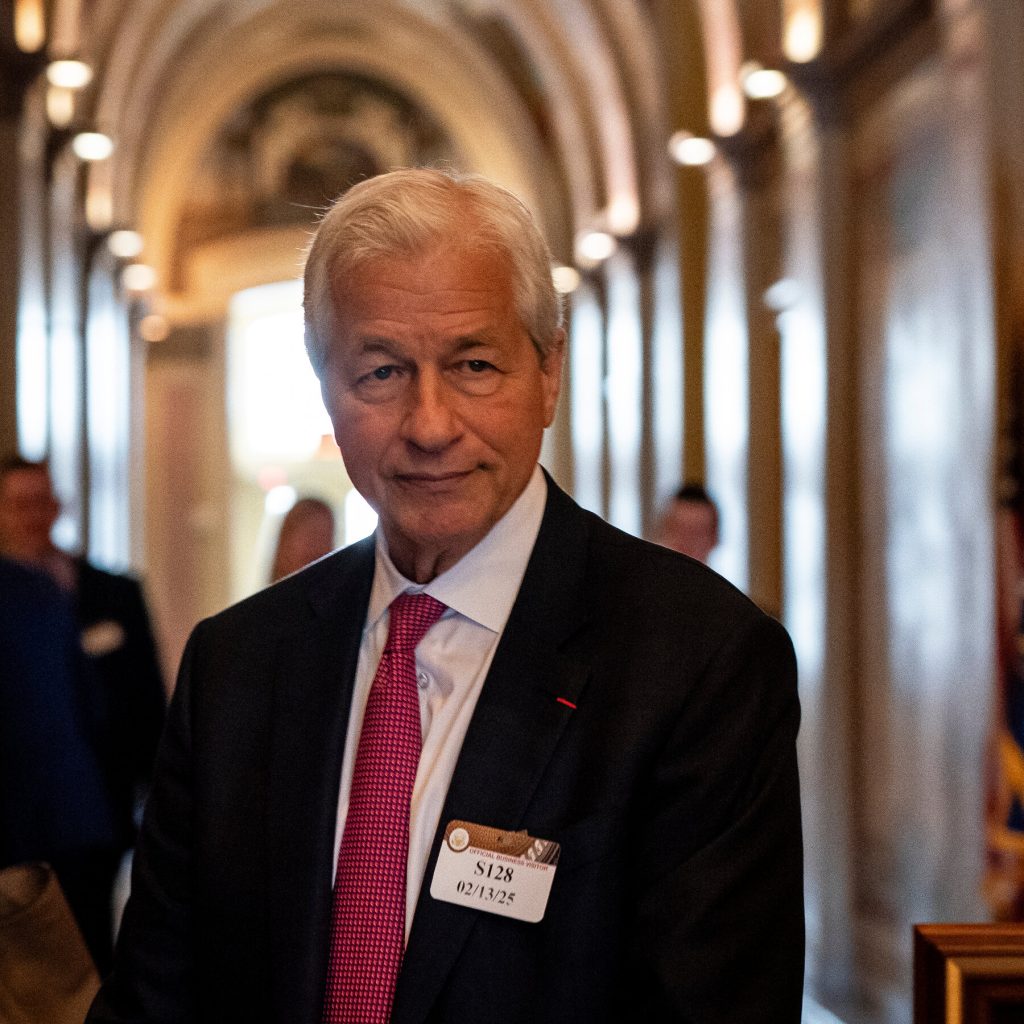The Great Wealth Tax Debate: Is it the Fairest Way to Tax the Ultra Rich?

As economic inequality continues to widen and government debt levels soar, a growing number of countries are considering implementing a wealth tax to tackle the issue. France, in particular, has been embroiled in a heated debate over the proposal, with proponents and critics locked in a fierce battle. But is a wealth tax the best way to tax the ultra-rich, or are there better alternatives?
The idea of a wealth tax is simple: to impose a levy on the total wealth of an individual, rather than just their income. This approach aims to target the richest individuals, who often accumulate vast fortunes through investments, inheritances, and other non-employment sources. By taxing wealth, governments hope to reduce inequality, generate much-needed revenue, and encourage the wealthy to invest in the economy.
However, critics argue that a wealth tax is a complex and flawed solution. One major concern is that it could lead to capital flight, as wealthy individuals seek to avoid the tax by relocating their assets or even themselves to more tax-friendly jurisdictions. This could ultimately harm the economy, leading to reduced investment, lower economic growth, and decreased tax revenues.
Another criticism is that a wealth tax is difficult to implement and administer. Valuing assets, particularly complex ones such as art collections, real estate, or private businesses, can be a daunting task. There is also a risk of double taxation, where the same wealth is taxed multiple times, for example, when an individual sells an asset and then reinvests the proceeds.
Despite these challenges, many experts argue that a well-designed wealth tax could be an effective tool for reducing inequality. They point to examples such as Norway, which has a wealth tax that has helped to maintain a high level of social equality. Others suggest that a wealth tax could be combined with other measures, such as a financial transaction tax or a higher tax on inheritances, to create a more comprehensive approach to tackling inequality.
As the debate continues, it is clear that there is no easy answer. A wealth tax may not be the best solution for every country, but it is an idea that is likely to remain on the table as governments grapple with the challenges of inequality and debt. Ultimately, the key to success will lie in careful design, effective implementation, and a willingness to adapt and adjust the tax system to meet the changing needs of the economy and society.






